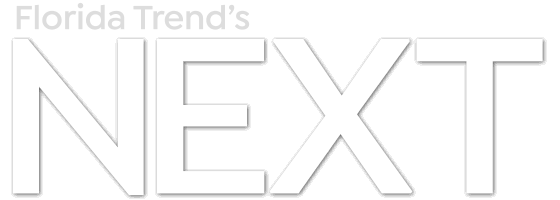The Journey, NOT the Destination
What are you going to do with your life? Where are you going to college?
The questions start early, at family gatherings over fall and winter breaks. No high school senior can enjoy a holiday meal, it seems, without needing to present a detailed map of their college and career plans.
What these well-meaning interrogators don’t realize is how stressful their questions can be. What if you don’t know what you want to do with your life? What if you aren’t planning to go to college?
Because those are both possibilities — and that’s something that we don’t talk about enough anymore. Just a few decades ago, you could go to college and not even declare a major until your junior year. Now, there are middle schools giving career tests and placing students on academic and professional tracks.
Economic changes are mostly to blame. In the 1980s, automation began replacing human workers, and jobs on U.S. soil became increasingly reliant on successful social interactions. According to economist Tony Carnevale, college graduates are more likely to have “a certain amount of polish and understanding of how the world works.” Thus, employers began requiring bachelor’s degrees as a shortcut for finding workers with so-called “soft skills.”
Rachel M. Cohen reports in Vox that in 2012, three out of every four jobs required a bachelor’s degree — even if the degree was irrelevant to the job itself, and even if the person currently holding the job had no degree.
Then, 2020 brought a reckoning for colleges and employers. During the COVID-19 pandemic, thousands of students dropped out, and over 25% of them never returned. Interest in four-year degree programs also sharply declined. A survey conducted by the ECMC Foundation found that only 48% of high school seniors intended to pursue a bachelor’s degree in 2021, down from 71% the previous year. College enrollment still hasn’t recovered.
Also in 2020, the murder of George Floyd brought institutional racism to the forefront. Pressured to be more inclusive in their hiring practices, many companies (and even state governments) walked back unnecessary degree requirements. The Burning Glass Institute found that the number of online job listings requiring degrees fell almost 10% in 2021, compared to pre-pandemic numbers.
Although alternative paths are becoming increasingly popular in the workforce, there are still significant benefits to continuing your education.
Multiple studies have demonstrated that college graduates are more likely to be employed, happy, and healthy. They are statistically more likely to have sufficient retirement plans, read to their children (itself a powerful factor in future success), and live in safe neighborhoods. And Georgetown University’s “Help Wanted” study found that 90% of jobs in the fastest-growing industries still require at least a bachelor’s degree.
What all this data means is that you have options. There isn’t one direct path that leads from high school to college to your ultimate career. Instead, Paul Fain writes in the online publication Inside Higher Ed, “the typical path is more of a swirl than a straight line.”
If the data and economic trends show us anything, it’s that you should go to college if you want to go to college. You should start working if you want to start working. You should take a gap year if you want to take a gap year. The next step after high school is just the next step — it’s not the final step. There will be opportunities along every path, and there are lots of bridges that lead from one path to another.
Most people do not end up in a career that neatly aligns with the vision they had as a high school senior. Nearly 75%, according to the Federal Reserve, don’t even work in fields related to their college major. Sometimes, you only know what jobs exist once you enter the workforce. Other times, your life choices dictate where you’ll go or what you’ll do. You might discover that you don’t actually like working in the field you studied. Each of these choices creates a ripple effect that will determine the next set of choices. Get informed, get inspired, and do what’s right for you.
So — what are you going to do with your life? Whatever you want.
The median salary for a worker with a bachelor’s degree is 63% higher than for one with a high school diploma.


